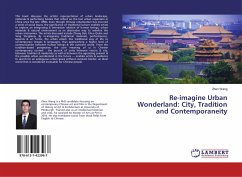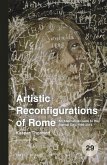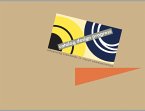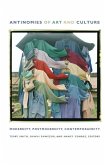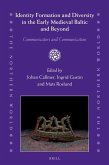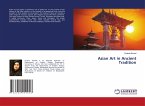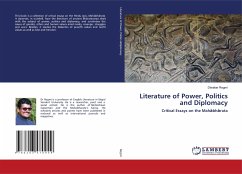This book discusses the artistic representation of urban landscape, materials & performing bodies that reflect on the fast urban expansion in China since the late 1990s. Even though Chinese urbanization has incurred a series of social issues, the significance of traditional culture enables artists to explore an integrating & interactive relation of human beings, urban materials & natural environment as an alternative way to redefine the urban antinomies. The artists discussed include Zhang Dali, Chen Qiulin and Yang Yongliang. By re-imagining traditional materials, performances, legends & art forms, the artists attach this traditional way of life to contemporary images & languages, thus approaching a higher level of communication between human beings & the outward world. From the tradition-based perspective, the core meaning of yi in Chinese contemporary context - the pursuit of unity between nature & city, between tradition & modernity as well as between the agonizing present & the possible urban wonderland in the future - enables artists & audience to search for an ambiguous urban space without constant border, an ideal world that is considered invaluable for Chinese people.

